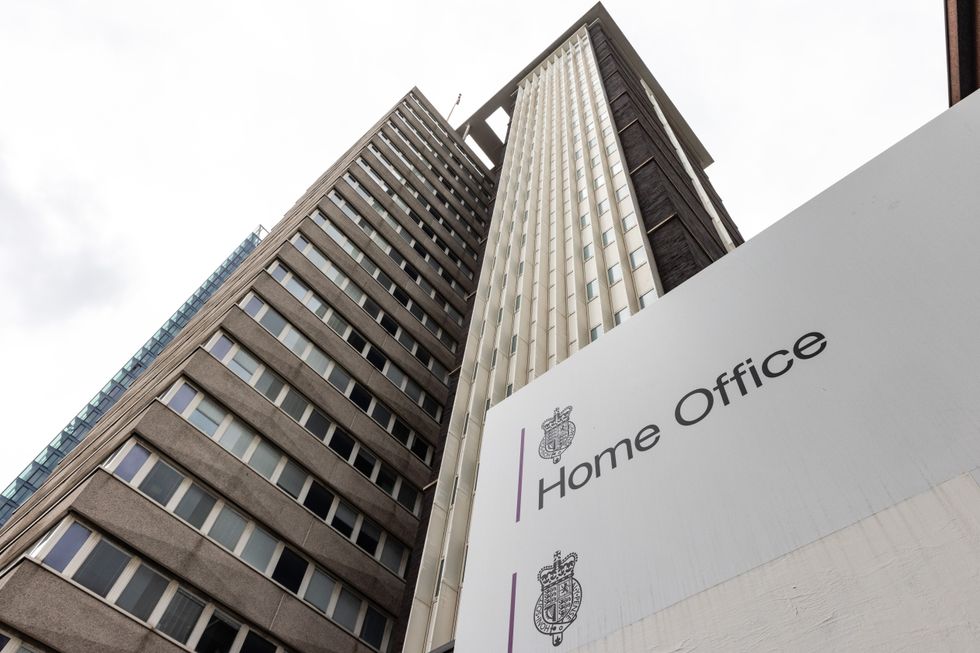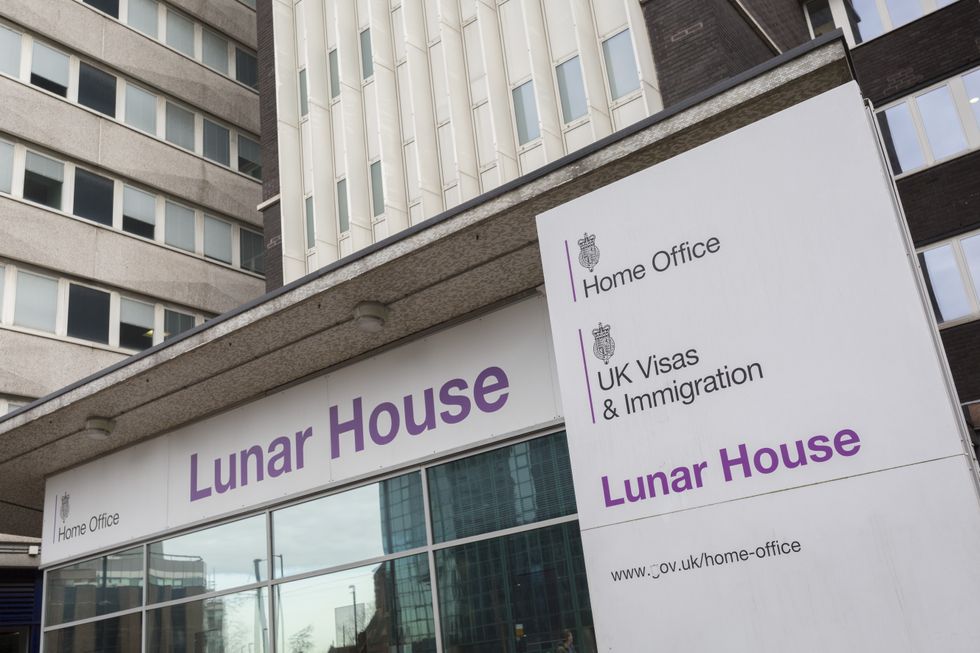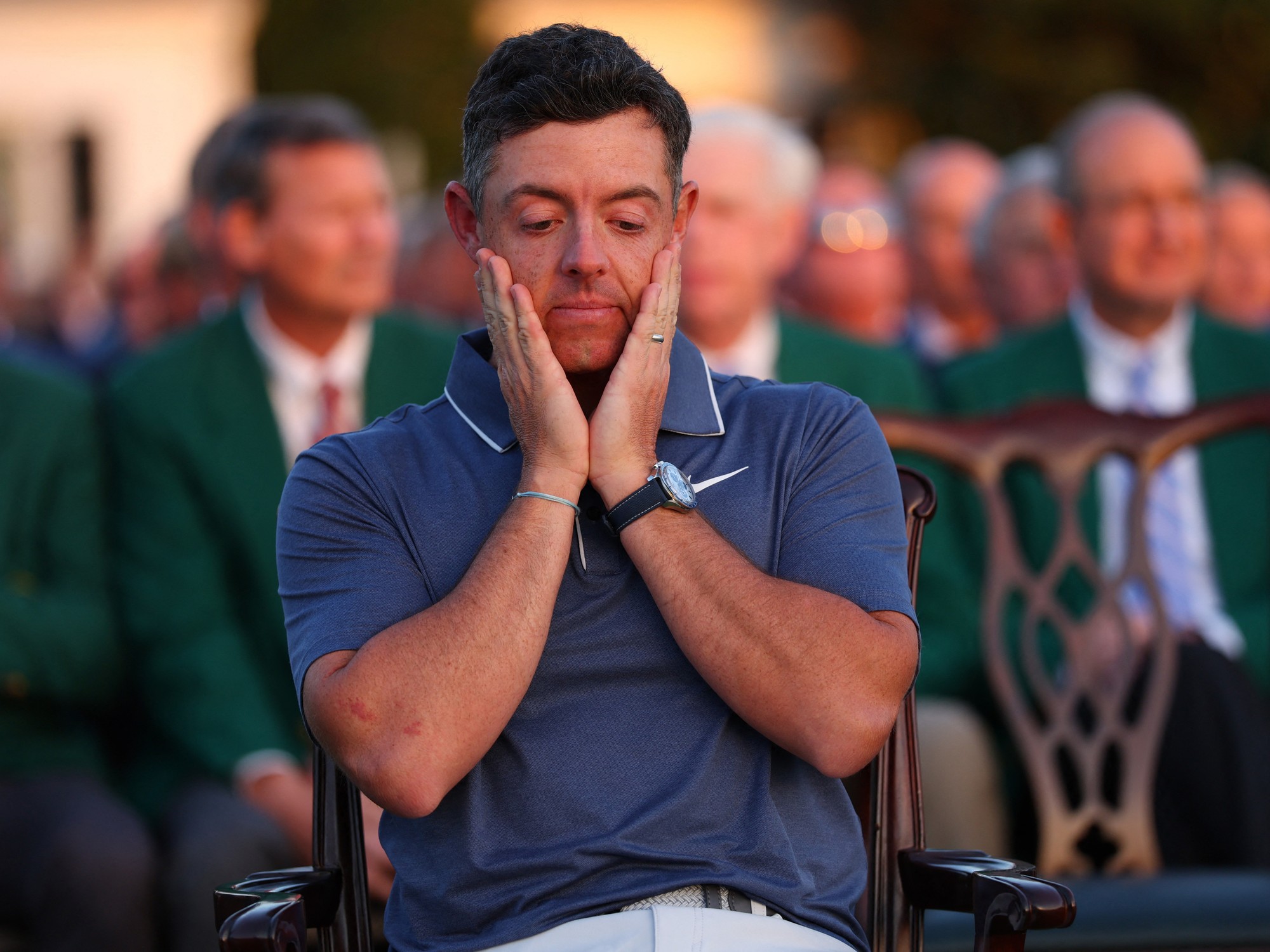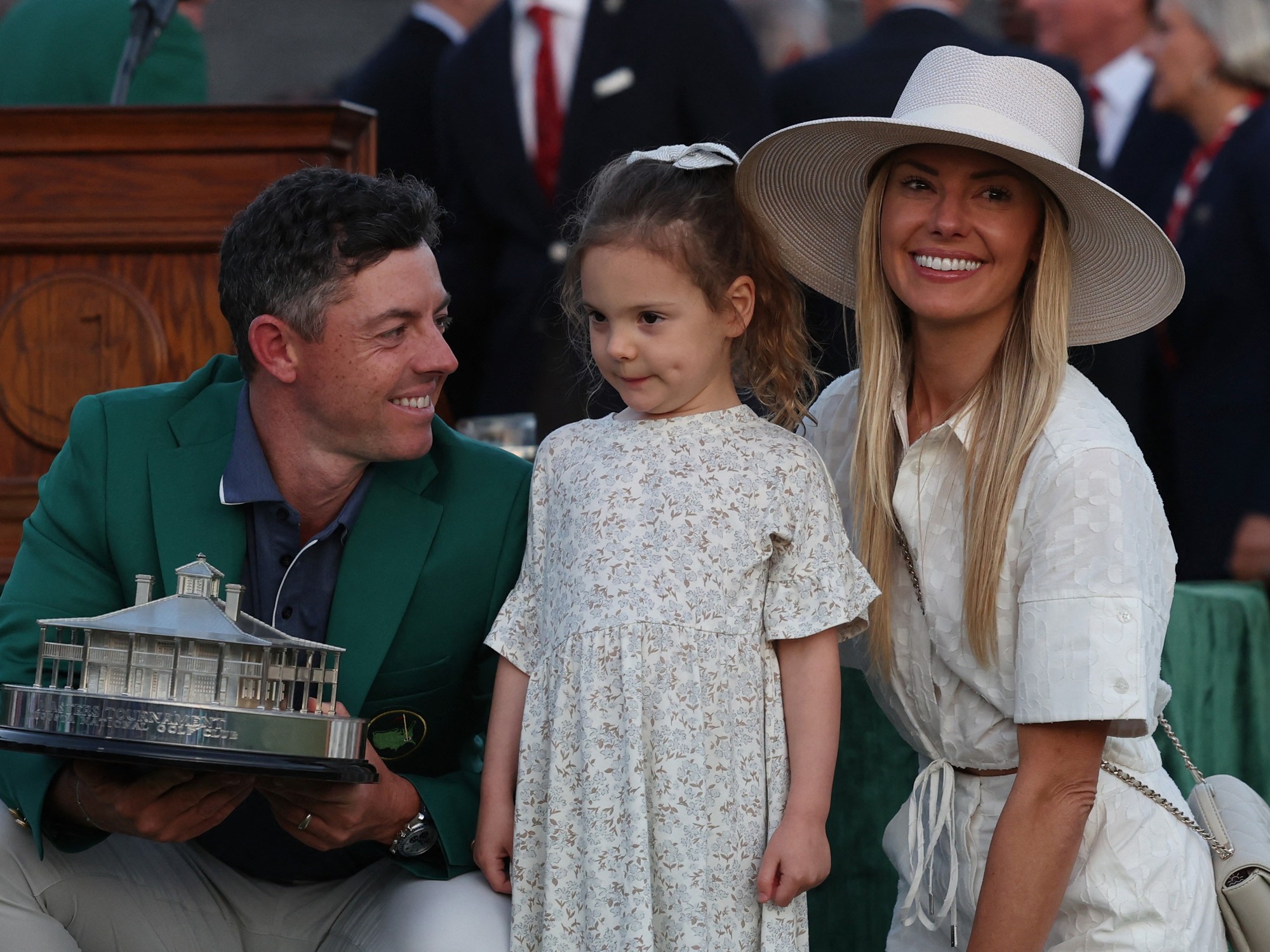WATCH NOW: Tory Leader Kemi Badenoch how plans for an amendment tackling migrants being unjustly spared from deportation could work without intervening on the ECHR
GB News
The convict has not visited his home country for more than 20 years
Don't Miss
Most Read
Trending on GB News
A Nigerian fraudster has dodged deportation because his two children have autism and "additional needs".
Olufemi Adenyi Ojaleye, who was convicted for stealing Covid loans, was thrown behind bars for seven years.
The man won an appeal to duck the extradition orders on account of human rights after his lawyers declared that his repatriation would have "unduly harsh consequences for his children" - two of whom have autism.
Although the Home Office argued that the man being sent back to Nigeria would not have made a difference to his children, the convict's challenge was accepted, The Telegraph has revealed.

The convict has not visited his home country for more than 20 years
GETTY
Since 2002, Ojaleye has lived in the UK as a visitor and has not returned to Nigeria at all for more than 20 years.
The appeal against the Home Office's attempt to deport him was approved by a lower tribunal last November when they decided that his children's wellbeing was more important than concerns raised on behalf of the British public.
Given that the fraudster remains in prison, the Government argued that there would be no "material difference" to the children if their father was deported or allowed to remain.
Ojaleye is visited by his children in prison and "where possible on a daily basis".
LATEST DEVELOPMENTS:
- 'Madness!' Illegal immigrants dodge deportation after 'two-tier' Sentencing Council 'blows hole' through border enforcement
- Wily migrants found to dodge deportation by SWAPPING rooms in tax-payer funded hotels
- Migrant drug dealer dodges deportation after pledging to ‘only smoke’ Cannabis ‘not sell it’
Later, in Upper Tier Tribunal (UTT) of the Immigration and Asylum Chamber, Ojaleye was described as adopting a "leading role in a sophisticated fraud" by exploiting the Covid Bounce Back Loan scheme.
The loan was established under Boris Johnson's administration to help small and medium-sized businesses back on their feet after the pandemic took a toll on its owners.
Giving a statement, Ojaleye's children's specialist school insisted that their special needs affects "every aspect of [their] daily life".
They added that they "need support with even the smallest tasks such as dressing, eating, and toileting".

Ojaleye is visited by his children in prison and 'where possible on a daily basis'
GETTY
The mother claimed that visiting Nigeria to see her children's father would be "impossible" due to their specific needs.
She is said to be “drained both emotionally and financially”, having endured multiple breakdowns as a result, the tribunal heard.
Although the upper tribunal judge upheld the lower court's decision - saying that the original ruling "contains no material error of the law", the Home Office pointed out that the ruling did not consider the serious nature of the convict's crimes.
The Government said that the fallout from Ojaleye's theoretical extradition was not "harsh enough" to outweigh the "public interest" in deportation.







